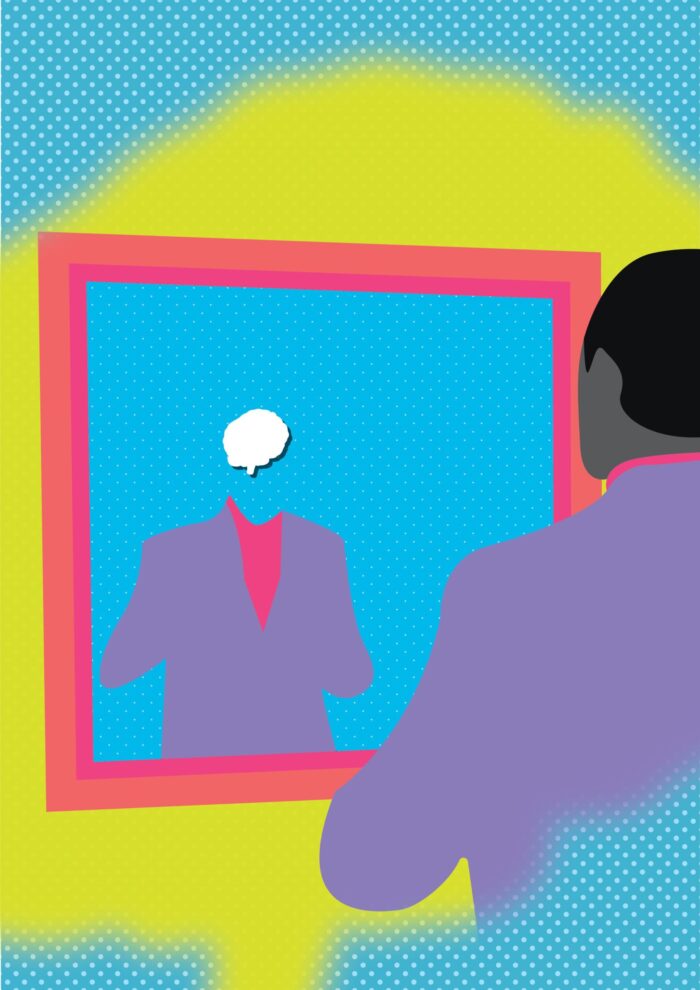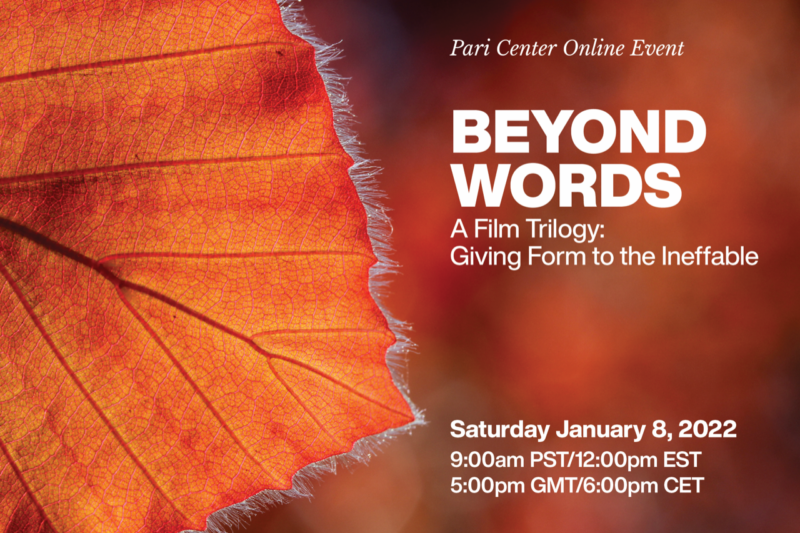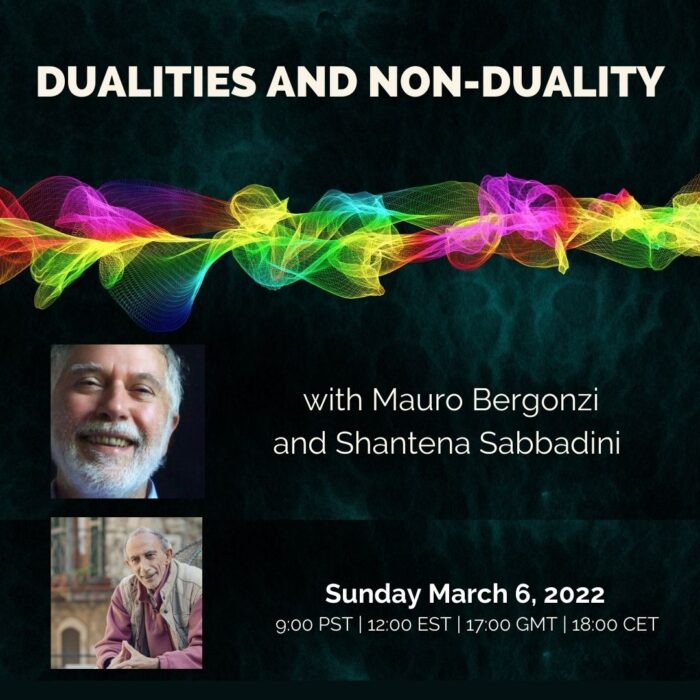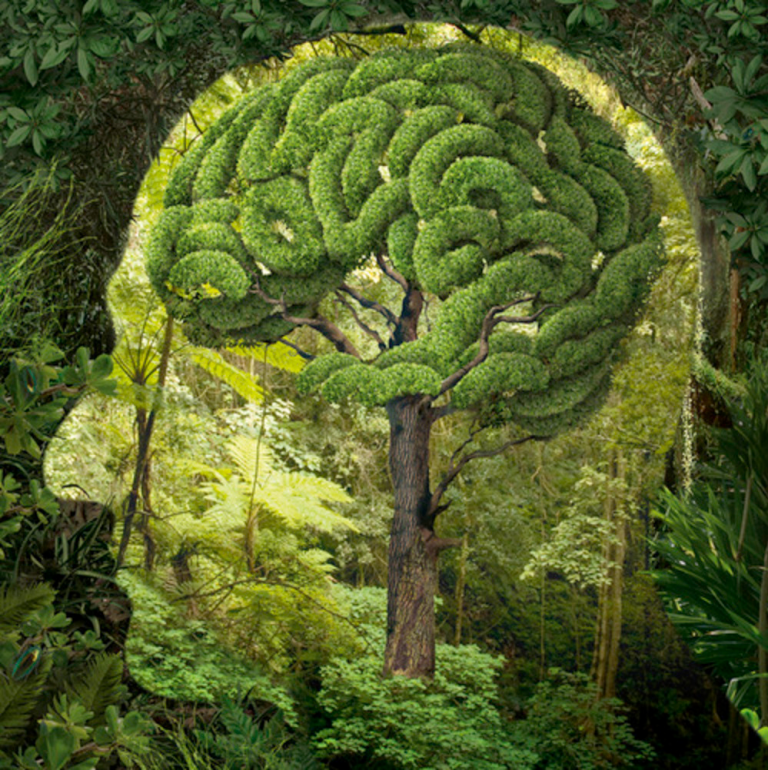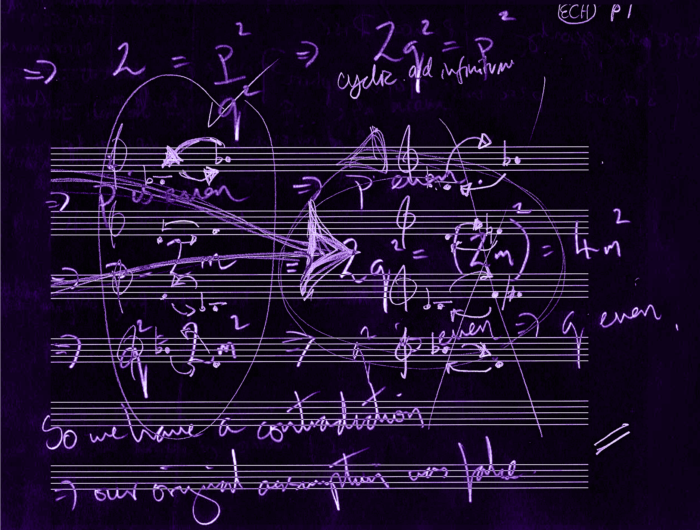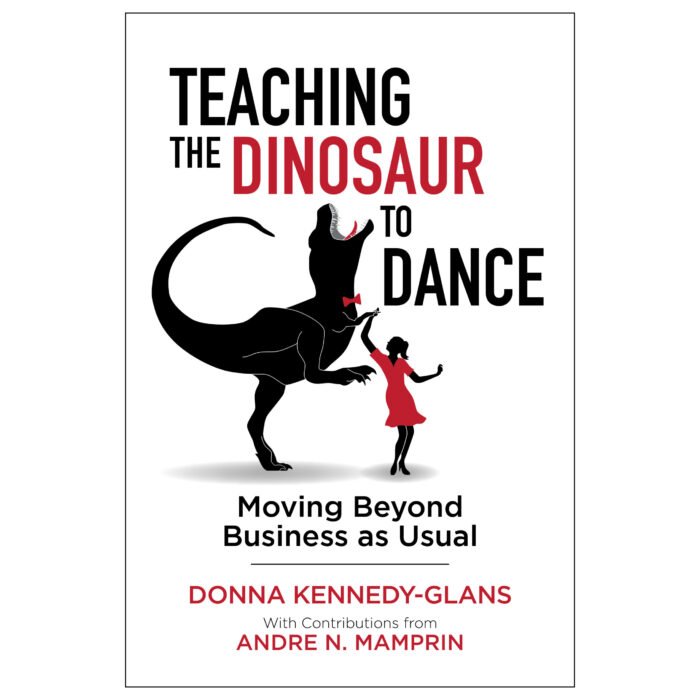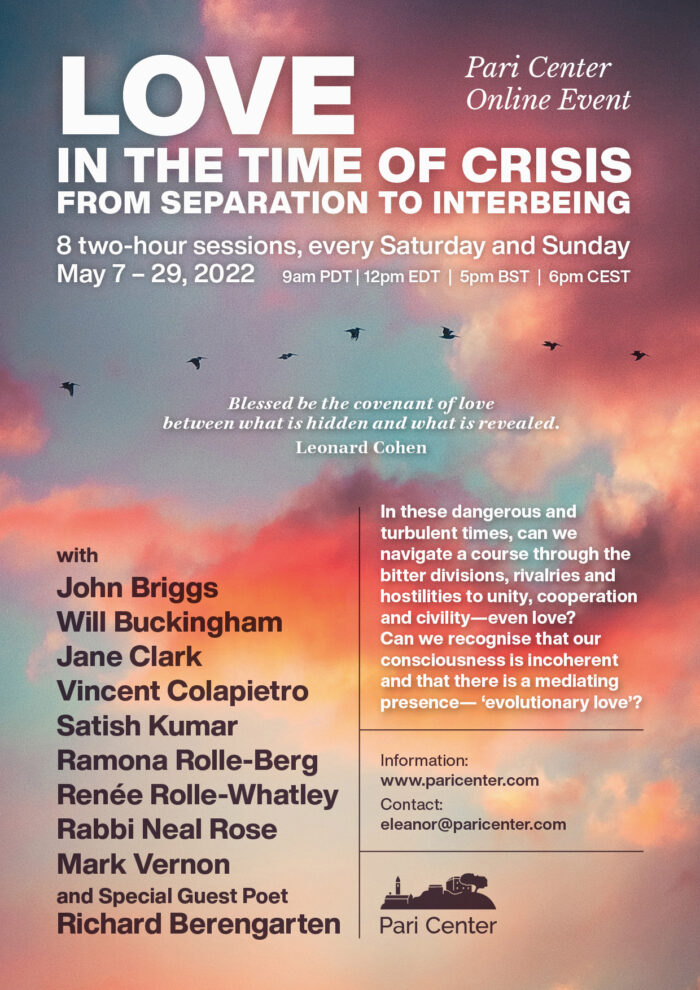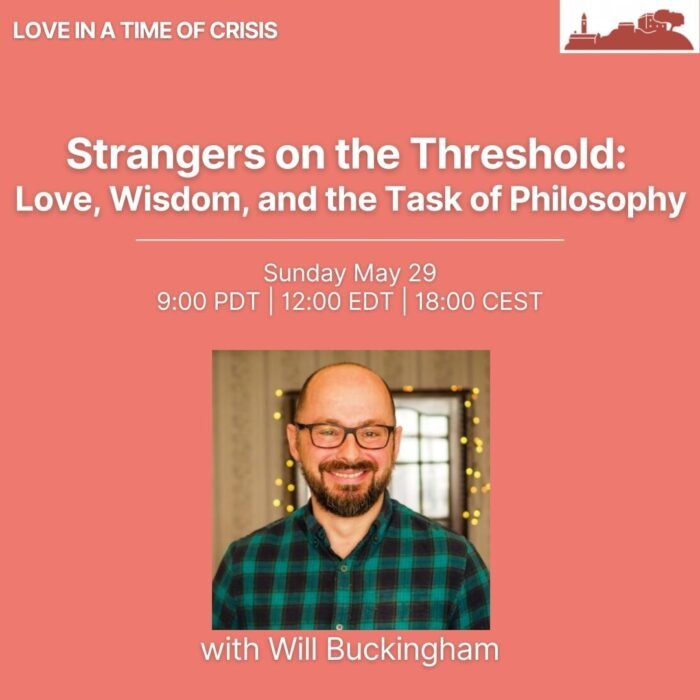Your cart is currently empty!
Closing Panel: Multiple Universes
OnlineA panel discussion with some of the speakers of the Multiple Universes series will close the event, reflecting on the various perspectives that have emerged in the presentations and comparing different world views.
The session will begin by posing the panelists a few key questions to start the discussion. It will continue as a Q&A session open to everybody. You are invited to have your questions and comments ready, and in formulating them please be mindful of other people’s need to ask their own questions! The best questions are often the most concise ones.


